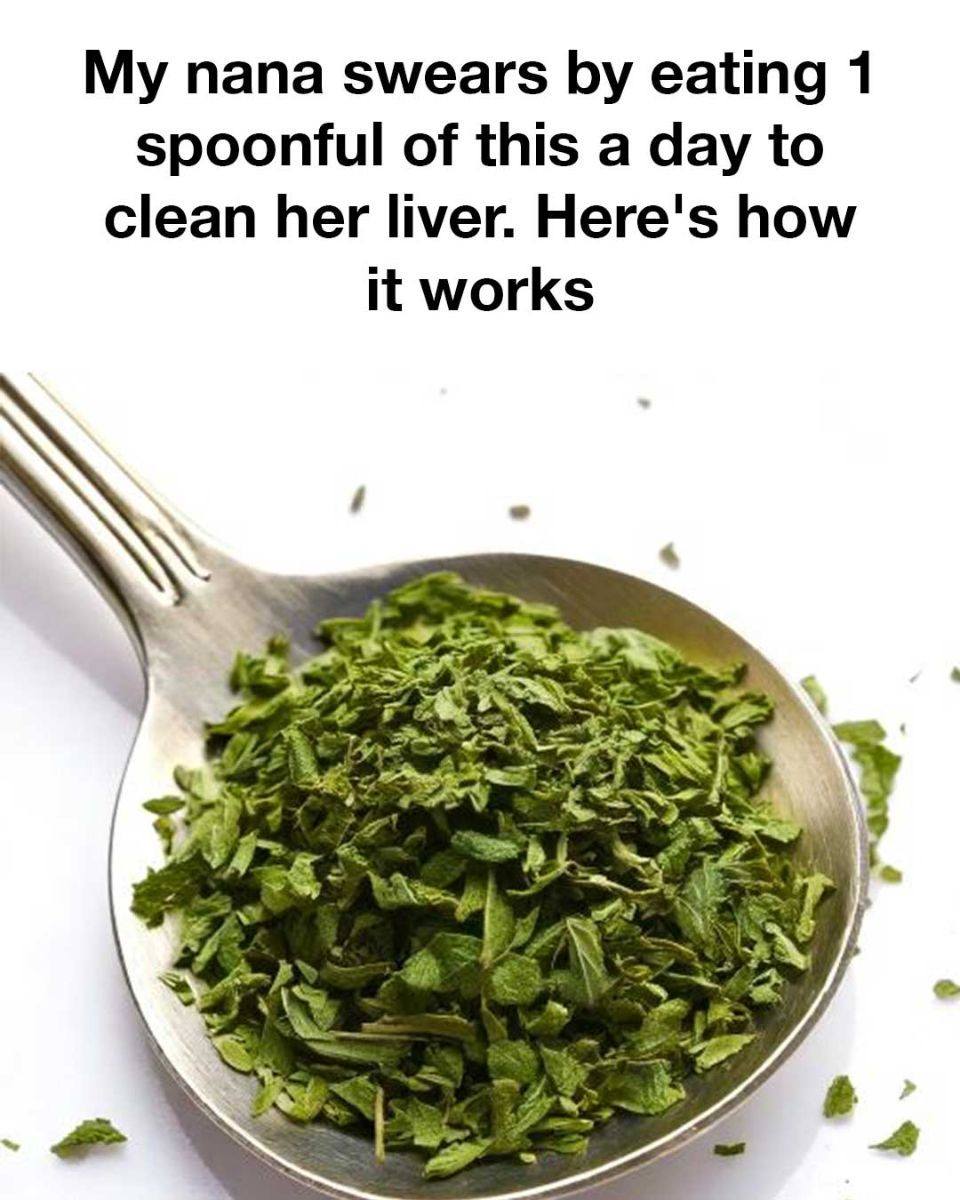ADVERTISEMENT
The liver is one of the most vital organs in the human body, responsible for detoxifying blood, metabolizing nutrients, and producing essential proteins. With the increasing prevalence of liver-related diseases, many people are turning to natural remedies to support liver health. Among these remedies, certain herbs and foods have gained attention for their potential benefits. One such remedy, surprisingly simple yet effective, is dried mint. My nana, a firm believer in the power of natural remedies, swears by a daily spoonful of dried mint to cleanse the liver. In this article, we explore how dried mint can support liver health and why it might be worth incorporating into your daily routine.
The Role of the Liver in the Body
The liver performs over 500 essential functions, making it a powerhouse of the human body. It processes nutrients absorbed from the digestive tract, converts them into essential blood components, stores vitamins and minerals, and produces proteins necessary for blood clotting. Additionally, the liver plays a crucial role in detoxifying chemicals and metabolizing drugs, making it essential for maintaining overall health and well-being. Given its multifaceted role, keeping the liver healthy is paramount for the body’s optimal functioning.
Common Practices for Maintaining Liver Health
Maintaining liver health typically involves a combination of lifestyle choices, including a balanced diet, regular exercise, and avoiding excessive alcohol consumption. Many people also turn to natural supplements and herbs known for their liver-supporting properties, such as milk thistle, turmeric, and dandelion root. These practices aim to reduce the liver’s workload, support its detoxification processes, and prevent liver damage over time.
The Surprising Benefits of Dried Mint
Dried mint, often overlooked as a simple culinary herb, offers a range of health benefits. Rich in antioxidants, vitamins, and essential oils, mint has been used traditionally to aid digestion, reduce inflammation, and soothe the stomach. Its refreshing aroma and flavor make it a popular addition to teas and dishes, but its potential benefits extend beyond taste. Recent interest has focused on its role in supporting liver health, making it a valuable addition to natural health practices.
continued on next page
ADVERTISEMENT
